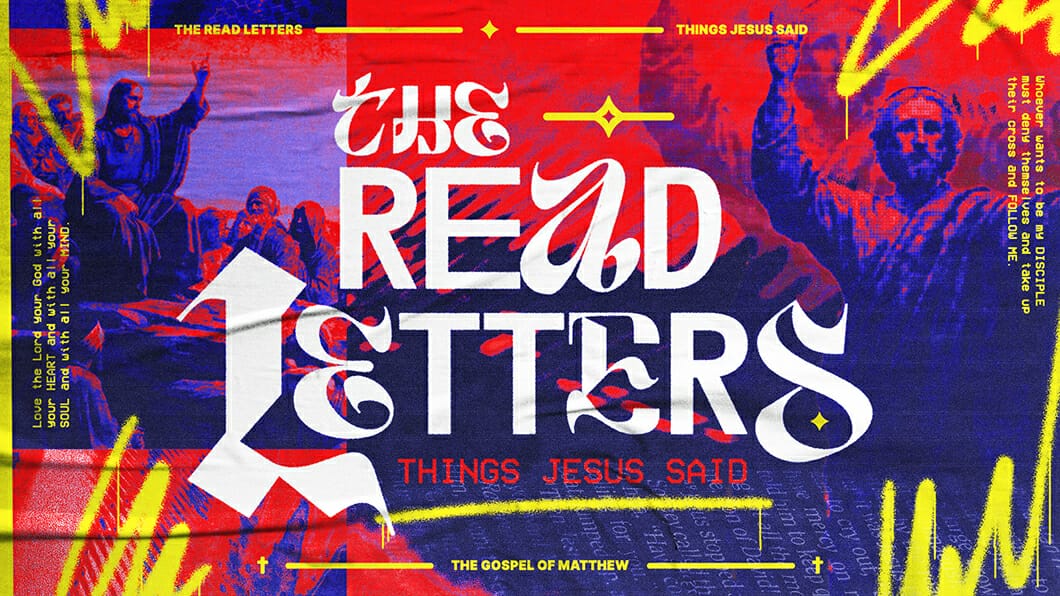The Rules
Jennifer Lim, Volunteer Writer, South Barrington | June 12, 2023

Then Jesus said to the crowds and to his disciples, “The teachers of religious law and the Pharisees are the official interpreters of the law of Moses. So practice and obey whatever they tell you, but don’t follow their example. For they don’t practice what they teach. They crush people with unbearable religious demands and never lift a finger to ease the burden.”
Matthew 23:1-4
As a mother of two very young children, there’s a lot of what you might call “boundary setting” in our household.
“No, do not lick the bottom of your shoe. That’s gross.”
“Your underpants are not a hat, please put them on correctly.”
For the most part, the hope of most parents is when the rules are good and properly followed, they allow for good things. For example, by instructing my child not to lick the bottoms of his shoes, I am hoping he doesn’t get a stomach bug that will make him sick so that his body and mind are free to enjoy life and play.
However, once in a while, I find myself making arbitrary “rules” or “boundaries” that place an unnecessary burden on my children. This usually happens when I get annoyed, for the sake of convenience or to avoid shame.
“Stop doing that. It’s embarrassing.”
“Why would you do that? Everyone is looking at us.”
At the wrong time, words like these place the burden of my own sins and insecurities on my children.
The religious leaders of Jesus’ time had the religious conviction to believe they were upholding the law of Moses. Their zealousness for all of the people of Israel to follow the law led to restriction after restriction until, as Jesus put it so pointedly, they would “crush people with unbearable religious demands and never lift a finger to ease the burden.”
This contrasts with scriptures like Psalm 119, where the poet writes, “Joyful are people of integrity who follow the instruction of the Lord. Joyful are those who obey his laws and search for him with all their hearts” (vs. 1-2). Rather than the law being a barrier to forming a relationship with God, it was meant to be a bridge, a way of maintaining and enjoying that relationship. Not only was it meant to enrich our relationship with God, it was also meant to enrich our relationships with the people around us. The Pharisees missed the point, but we don’t have to.
Next Steps
- Take a moment to reflect on your family of origin. Were there or are there any rules in your household that didn’t make a lot of sense now that you think of it? What do you think was the motivation behind that rule?
- What are some of your household’s rules, values, and philosophies? If you can, write them down. Take some time to walk through these with God, asking for guidance, wisdom, and discernment in aligning them with what He values.
Going Deeper
It’s the start of a new week and a new chapter! If you have a printer, visit BibleGateway.com and print out all of Chapter 23. You can use this printout all week and mark it up. If you don’t, you can write in your Bible. Next, read the chapter and ask yourself the five W’s and an H.
- Who is speaking and to whom?
- Where is it taking place?
- When did it happen?
- What happened?
- Why did it happen?
- How did it happen?
